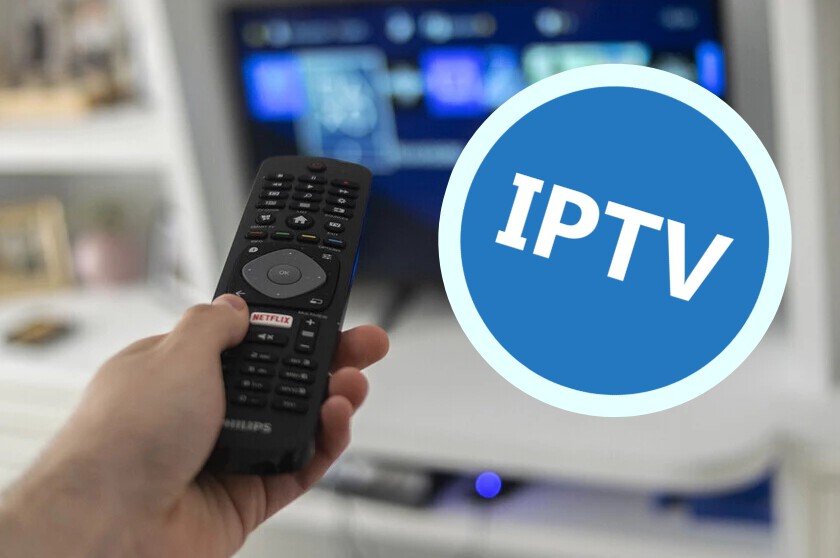IPTV Services – A Deep Dive into the Future of Television Casts
As the landscape of television consumption continues to evolve, IPTV services are emerging as a key player in shaping the future of how we experience entertainment. IPTV, or Internet Protocol Television, delivers television content via the internet rather than traditional broadcast methods like satellite or cable. This shift is transforming not only how content is delivered but also how it is consumed, paving the way for a more personalized and interactive viewing experience. One of the most significant advantages of IPTV services is their ability to offer a vast array of content options. Unlike traditional cable packages, which often bundle channels together, IPTV allows users to choose from a wide range of channels and on-demand content tailored to their preferences. This level of customization is made possible by leveraging the internet’s bandwidth to deliver content directly to users’ devices, whether they are watching on a smart TV, tablet, or smartphone. As a result, viewers can enjoy a more personalized experience, selecting the content that interests them without being constrained by rigid channel packages.

Moreover, IPTV services are enhancing the viewing experience with advanced features that go beyond basic television. For instance, many IPTV providers offer features such as catch-up TV, which allows viewers to watch missed programs from the past few days, and interactive TV, which enables users to participate in live voting or access additional information related to the content they are watching. These interactive elements not only enrich the viewing experience but also foster greater engagement with the content. The future of IPTV is also being shaped by the integration of emerging technologies such as artificial intelligence and machine learning. These technologies can analyze viewing habits and preferences to offer personalized recommendations, making it easier for users to discover new content that aligns with their interests. Additionally, AI-driven features like voice control and automated content curation are enhancing the convenience and accessibility of IPTV services, allowing users to interact with their content in more intuitive ways.
Another key aspect of the future of IPTV is its role in the broader shift towards cord-cutting. As more consumers seek alternatives to traditional cable subscriptions, IPTV offers a compelling solution by providing flexible, cost-effective options and know More about the author. With the ability to access content via the internet, viewers are no longer tied to expensive cable packages and can instead opt for subscription-based models that fit their budgets and viewing habits. As we look ahead, the continued growth and innovation in IPTV services are likely to bring even more advancements. The increasing availability of high-speed internet connections will further enhance the quality and reliability of IPTV streams, while ongoing developments in content delivery technologies will support an ever-expanding array of viewing options. Additionally, as more content creators and distributors embrace the IPTV model, viewers can expect an even richer and more diverse range of programming. As technology continues to advance and consumer preferences shift, IPTV is poised to play a central role in shaping the future of how we experience entertainment.
